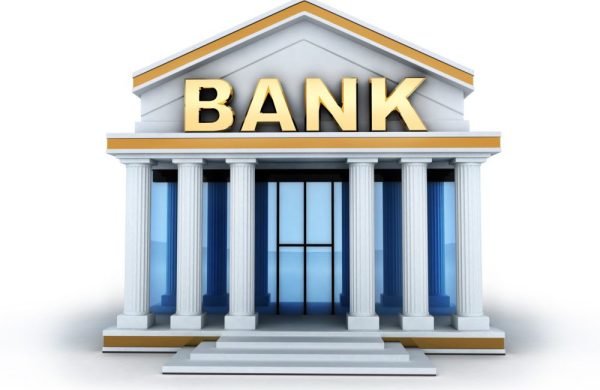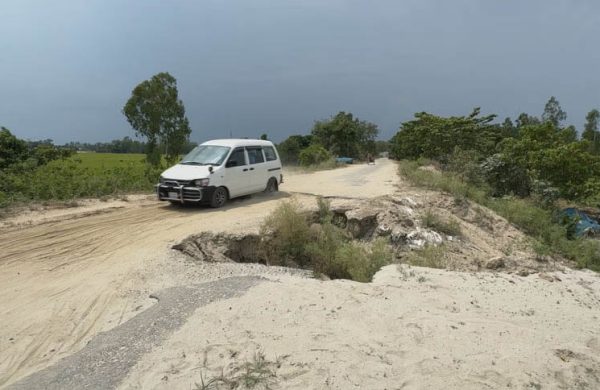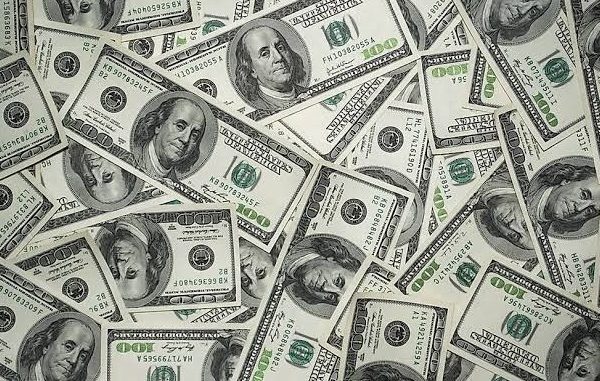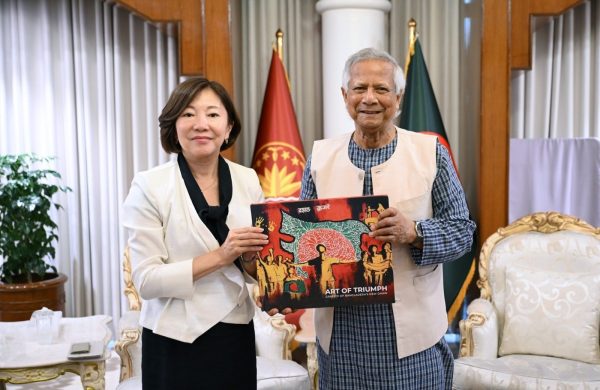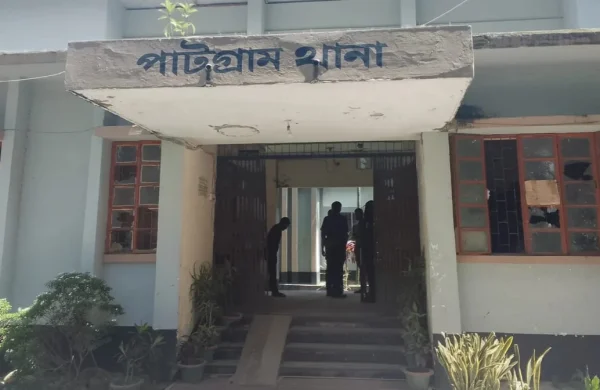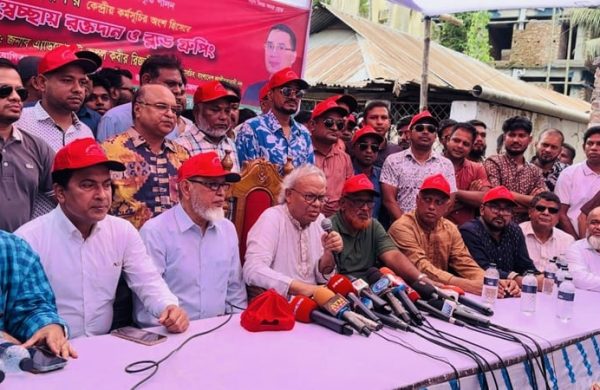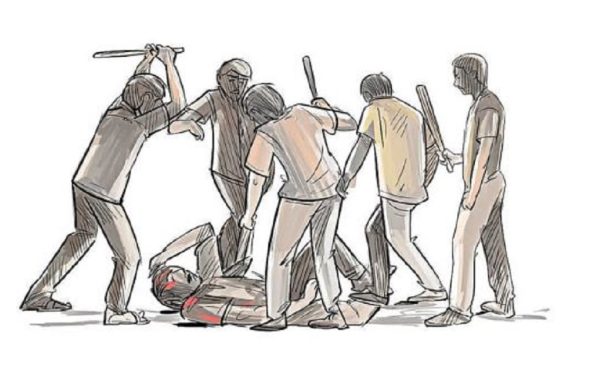How Khairul crippled the primary market and Shibli the secondary
- Update Time : Monday, August 26, 2024
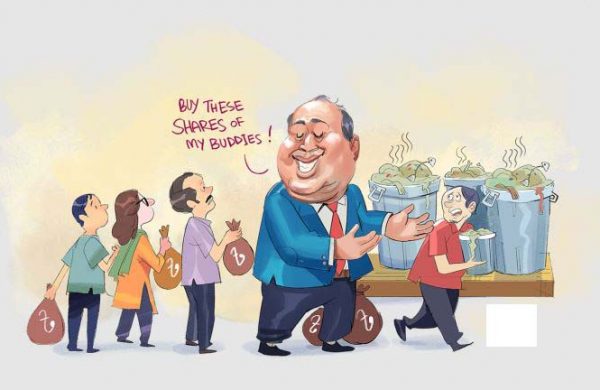
TDS Desk:
When market regulators around the world set examples of enforcing securities laws, protecting investors, ensuring transparency, and preventing fraud, Bangladesh’s situation has been markedly different with the regulators forming collusive relationships with market stakeholders.
This was particularly evident under the leadership of the last two chairmen of the Bangladesh Securities and Exchange Commission (BSEC), M Khairul Hossain and Shibli Rubayat Ul Islam.
Khairul Hossain, a finance professor at Dhaka University, had a detrimental impact on the market during his long tenure from 2011 to early 2020. He approved dozens of weak companies for IPOs, often at inflated prices, undermining investor confidence despite the country’s strong economic growth and stability.
His successor, Shibli Rubayat Ul Islam, another DU professor who took charge in 2020, shifted focus away from the primary market. Instead, he allegedly formed collusive relationships with certain market players and insider traders, prioritising quick profits from the secondary market over long-term stability.
The repercussions of their leadership have been profound.
A week after the fall of the Sheikh Hasina-led government on 5 August, Saiful Islam, president of DSE Brokers Association, criticised Khairul and Shibli and demanded their trial through investigation, stating that despite their 14-year tenure, the market saw no significant development. Instead, they eroded investors’ confidence to its lowest point.
The allegations against them are so serious that the newly appointed BSEC chairman, Rashed Maqsood Khan, at his first formal press conference on Sunday, said his priorities include identifying the irregularities of the past decade and outlining measures to develop the capital markets.
Khairul: Behind the darkest decade for IPOs
Khairul Hossain’s poor IPOs, allegedly to have been a big part of his corruption, did not let the post-crash recovery happen even after 14 years, said Kazi Abdur Razzak, general secretary of the Bangladesh Capital Market Investors’ Association.
If enough good companies were listed, they could grow in business, investors would keep buying their shares at increasing prices in line with fundamental improvement, we could have a bull market already, he said, adding that more than a million investors left the market since 2010 being penniless.
“Khairul Hossain destroyed the primary market in his nine years by approving dozens of fraudulent IPOs and this was the darkest chapter in the country’s IPO market,” said Minhaz Mannan Emon, a former director of the Dhaka Stock Exchange (DSE).
“Stock exchange’s primary approval was made a must for BSEC approval to any IPO and I have closely experienced how the regulator under Khairul forced the bourse not to stand against his favoured schemes,” he added.
Power cartels that also included family members of the then mighty police official Benazir Ahmed, former prime minister’s principal secretary Md Nazibur Rahman and the thousand crore taka amassing revenue official Matiur Rahman got pre IPO placement shares in Ring Shine Textile. The company was desperately looking to go public with inflated numbers.
Later, after listing, it was discovered that the company issued free shares worth over Tk50 crore to some 33 external and 11 sponsor-directors.
Post listing, actual faces unfolded and the shares of the sick company having a face value of Tk10 now trades at less than Tk5 apiece.
Khairul allowed listing of loan defaulter Nurani Dyeing citing the court stay order on its Credit Information Bureau report. Appollo Ispat was listed despite the former finance minister’s letter asking not to allow it to go public. The consequence had to be borne by the investors.
Not even half of the nearly a hundred IPOs approved by Khairul Hossain failed to generate a return equal to that of the fixed income instruments for the primary shareholders, while the losses for the secondary market investors post debut was big, revealed a analysis in August, 2020.
For average companies, the situation improved a bit in the following years after the secondary market rallies. Not for the scammed ones, however.
In 2019 the Anti-Corruption Commission opened a probe to look into Khairul’s IPO affairs and the allegation of amassing huge wealth. However, it did not progress at all.
He, however, had to leave BSEC in May 2020, after a record nine year tenure.
“I stuck to rules since my first day at the BSEC, I had no illegal income ever,” Khairul Hossain claimed while talking to over phone on Sunday.
He said the BSEC follows a disclosure basis of approval for IPOs that relies on audited information in prospectus prepared by the company professionals, audited by chartered accountants and ultimately judged by investors.
Also a team scrutinises the papers submitted to BSEC after the primary approval of the bourse, he said, declining corruption and the misconduct allegations against him.
Entertaining another mighty cartel in the asset management industry, Khairul allowed a closed-end mutual fund to run for another decade that let asset managers earn commission for a longer period and left investors in sorrow as the expected payback of their money deferred by a decade.
A foreign investor sued his commission in 2019 then, but failed to secure a court protection.
At the extreme of the market depression following the Covid-19 outbreak in Bangladesh, Khairul imposed floor price in the stock market in March 2020. The price restriction alienated the Bangladesh stock market in the global map.
“Both the decisions regarding mutual fund tenure extension and imposing floor price were ordered by the finance ministry,” Khairul told that, adding that the laws made it a must for BSEC to act as per the ministry order.
Investors bluffed by Shibli Rubayat
Khairul left BSEC and transferred the baton to Rubayat Ul Islam when the stock market was closed for nearly two months of the pandemic-induced shutdown in the second quarter of 2020.
Shibli, promising reforms and good governance, raised investors’ hope for a market recovery then.
A rally did initiate, but did not last long. The DSEX, the major index of the Dhaka bourse, rose by over 100% to over 7,300 points in 18 months till October 2021.
However, the music stopped as soon as investors found the big part of the rally was dominated by syndicated attempts for insane manipulated rallies in comparatively smaller-cap sectors by Shibli-backed cartels, said a CEO of a top tier brokerage firm.
Meanwhile, Abul Khayer Hiru, a cooperative department official, emerged to be the largest mover and shaker of the secondary market. He was offered impunity by Shibli, said the brokerage CEO seeking anonymity.
Hiru’s associates were later fined by the market regulator. However, by then they had already many times more from the market.
Many other cartels were also active in the market until they observed Shibili was only entertaining his closer ones and reducing breathing space for others, raising suspicion of illicit mutual benefits.
Shibli and his cartel members together were eyewashing through the much criticised road shows abroad led by the securities regulator itself.
At a much overvalued level, Shibli brought back the floor price at the end of July 2022, which was lifted in 2021.
Allegations were there that being rejected by rational investors for market support after October 2021, he allowed his cartel to play aggressively and show through some manipulated rallies that the stock market was okay.
When his manipulators were under pressure of capital erosion, he imposed the floor for the second time that hurt investors and the market badly by limiting exit opportunities.
The floor was removed earlier this year from all but a few scrips.
“Khairul Hossain destroyed the primary market in his nine years by approving dozens of fraudulent IPOs and Shibli Rubayat made the secondary market a sole playground of all the rotten people,” said Minhaz Mannan Emon.
“Now it is really a tough job for us to encourage a saver for investing in stocks,” he added.
Honest, rational investors were too disappointed to see Shibli entertaining dirty manipulators and insiders while financially benefiting from the acts.
He allegedly received a nonresident Bangladeshi friend’s fraudulent funds and gave it to a manipulator for maximising profits. His young son later became a company owner in the UAE.
Each of his close ones in the market cartels enjoyed unprecedented exemptions and impunities, said Associate Professor Al Amin.
For instance, Sonali Paper’s relisting and crazy rally later, enjoyed 17-18 regulatory exemptions.
A stock market analyst told that, Shibli was a loan defaulter even while joining the BSEC and his nexus was with all the dishonest people.
The BSEC under his leadership sent investors’ freedom to grave. Shibli forcing large investors not to sell or to buy particular shares was reappearing as a talk of the town almost every month.
He also served former prime minister’s advisor Salman F Rahman a lot in approving Beximco’s gigantic Tk3,000 crore Sukuk, followed by raising Tk1,000 crore from Amar Bond and again in the partially successful attempt to issue another Tk2,500 bond by Beximco earlier this year.
Creating regulatory stories for manipulating share prices of various types of companies was a big part of his creativity.
Deterioration of regulator’s integrity level
Former BSEC chairman Farooq Ahmed Siddiqui said the most unfortunate part is that none of the regulator’s chiefs was alleged for corruption before Khairul and Shibli.
Associate Professor Al Amin said, “Both of them were corrupt and amassed illicit wealth betraying the investors and destroyed the trust in the capital market ecosystem.”
Reputed banker Khondokar Ibrahim Khaled-led investigation committee in 2011 recommended massive reforms of the capital market as well as its regulator. It also advised the government to remain cautious about some people in the capital market arena including Salman F Rahman, said Minhaz Mannan Emon.
The Awami League government then, instead, awarded them with impunity to its closest ones like Slaman F Rahman or the two Awami professors, he added.
“There grew a hierarchy of sharing amassed money through corruption with the ousted regime’s high ups,” said Al Amin.



